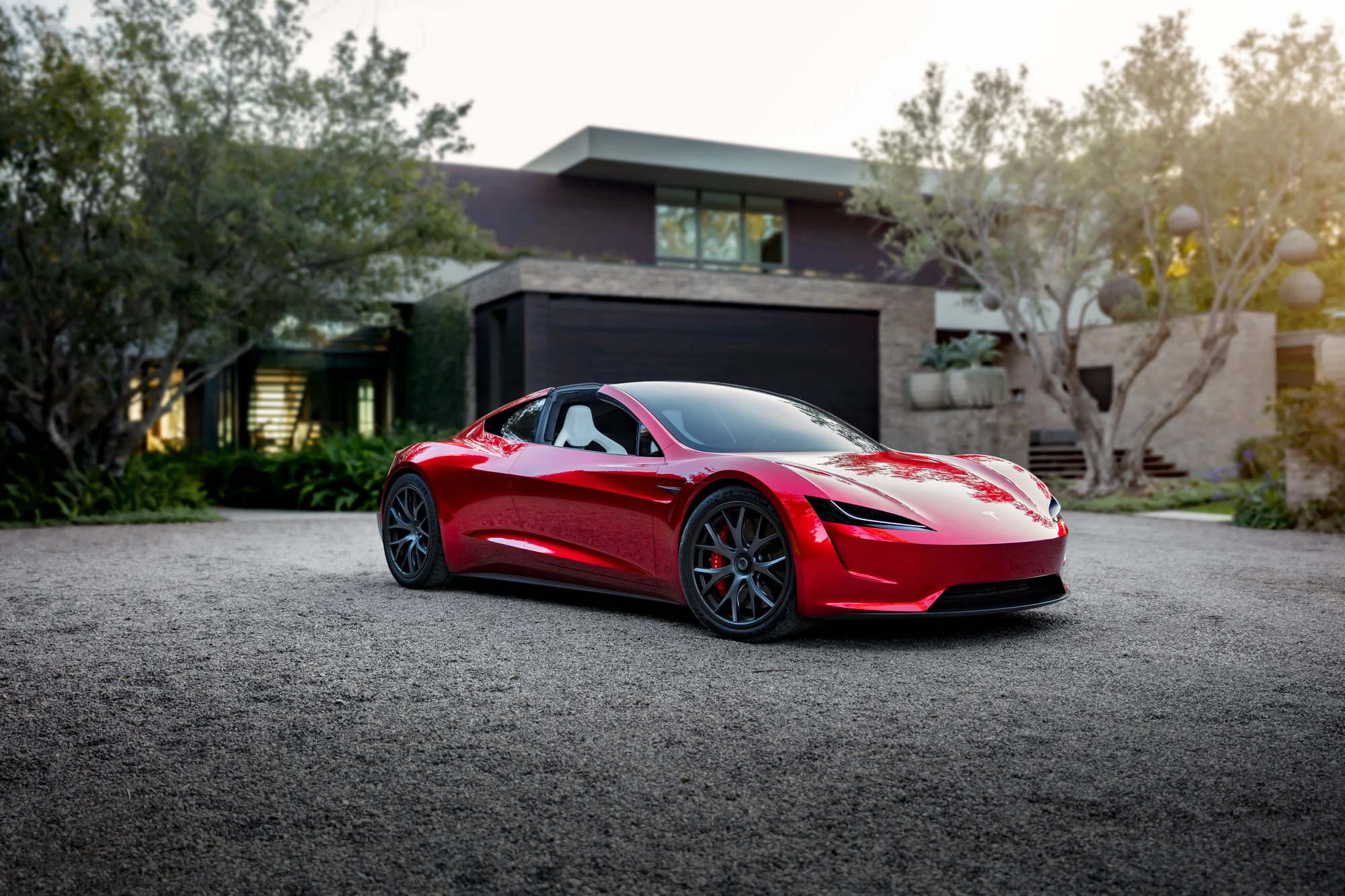Elon Musk believes Tesla is one of the foremost artificial intelligence (AI) companies in the world.
Tesla (TSLA -9.74%) led the auto industry in battery electric vehicle (BEV) sales during the first quarter of 2023, actually gaining market share compared to the prior year, and deliveries skyrocketed 83% year over year to a record 479,700 vehicles in the second quarter.
Suffice it to say Tesla’s BEV business is rolling right along, and that puts the company in a good spot. The market for electric vehicles is expected to grow at 24% annually to reach $1.1 trillion by the end of the decade, according to Precedence Research.
But CEO Elon Musk says Tesla is also one of the foremost artificial intelligence (AI) companies in the world, and industry experts estimate that AI-based technologies represent a multitrillion-dollar opportunity for Tesla and its shareholders.
Full self-driving software and robotaxi services
Tesla’s full self-driving (FSD) platform combines proprietary artificial intelligence software and hardware to bring autonomous navigation capabilities to its vehicles. FSD Beta was made available to Tesla owners in North America last year, and it launched in Australia and Europe this year. The company has not commented on when a finalized version of the product will be available, though Musk recently said Tesla would probably solve full autonomy this year.
FSD software addresses two massive market opportunities: autonomous vehicles and robotaxi services. According to Precedence Research, the global autonomous vehicle market is expected to grow at 40% annually to reach $1.8 trillion by 2030. Tesla can of course monetize that opportunity by selling its FSD software directly to consumers, but the company is also willing to license its software to other automakers.
Additionally, the company plans to monetize FSD software by commercializing robotaxi services. Ark Invest estimates that autonomous ride-hailing platforms will earn $9 trillion in annual revenue by 2030, and consultancy McKinsey says robotaxis will handle 8% of global transportation by 2035, up from roughly zero today. To capitalize on that, Tesla plans to mass produce a robotaxi in 2024, and Musk recently discussed plans to launch an autonomous ride-hailing network that would also crowdsource at-rest vehicles from customers. The company has yet to set a specific date for such a service, but if Tesla manages to solve full autonomy this year, it may launch an autonomous ride-hailing network in the very near future.
In any case, Tesla is well positioned to be an important player in autonomous vehicles and robotaxi services, two markets that could collectively be worth $10 trillion by the end of the decade. Specifically, the company has more autonomous driving data than any other automaker, an advantage that hints at superior FSD software given that data is crucial to training AI models, and its cars are equipped with what Musk calls the “most efficient inference computer in the world.”
Dojo supercomputer services
Tesla has another opportunity to monetize AI with Dojo, a proprietary supercomputer that promises an order of magnitude improvement in the cost of training AI models. Dojo is expected to be fully operational later this year, at which point Tesla could theoretically sell AI cloud services to other companies. Musk says it’s a long-shot bet — that move would pit Tesla against cloud titans like Amazon Web Services and Microsoft — but Dojo could be the foundation of a business worth hundreds of billions of dollars in the future.
Software and services could supercharge profitability
Tesla is already one of the most profitable carmakers in the world. The company reported the highest operating margin in the industry last year, an achievement that Musk attributes to superior manufacturing technology. But management believes FSD technology will be the primary source of profitability in the future.
So what? Subscription software and cloud services are typically sold at much higher margins than hardware, so Tesla should become increasingly profitable as FSD software and robotaxi services become larger revenue streams. In fact, while Tesla reported a gross profit margin of 25.6% last year, Musk says FSD technology could push that figure to 70% (or higher) in the future.
Is Tesla stock worth buying?
Shares of Tesla currently trade at 11.4 times sales, a discount to the three-year average of 16.1 times sales, but an outrageous valuation compared to other automakers. For instance, shares of Toyota — the second most valuable automaker in the world — currently trade at 0.79 times sales. But Tesla bulls argue that order-of-magnitude discrepancy reflects potential upside surrounding FSD software and robotaxi services.
Indeed, companies that provide subscription software and cloud services typically command higher price-to-sales multiples than hardware manufacturers simply because they earn higher margins on their revenue. So Tesla’s current valuation may look reasonable (or even cheap) a few years from now, provided its evolution into a software and services business goes smoothly.
So, is Tesla stock worth buying? The answer depends on the investor. Risk-tolerant investors who believe Tesla will disrupt the transportation and mobility industries with autonomous vehicles and robotaxis should consider buying a few shares. But risk-averse investors who see Tesla as nothing more than a trumped-up car company should avoid this AI growth stock.
Where to invest $1,000 right now
When our analyst team has a stock tip, it can pay to listen. After all, the newsletter they have run for two decades, Motley Fool Stock Advisor, has tripled the market.*
They just revealed what they believe are the ten best stocks for investors to buy right now… and Tesla made the list — but there are 9 other stocks you may be overlooking.

